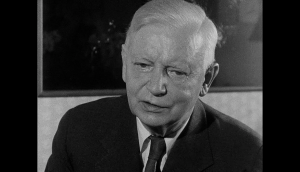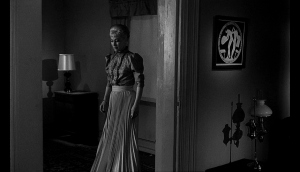An Introduction to Carl Dreyer for BBC Persian
Here’s a link to this short video — broadcast on March 3, 2019, and directed by Mehrnaz Saeed-Vafa — without Persian voiceovers:
https://www.facebook.com/jonathan.rosenbaum.18/posts/10156418932724926?notif_id=1551589585224363¬if_t=feedback_reaction_generic
I usually use Facebook to promote my posts here, but this time I’m doing the reverse. — J.R.
[03/03/2019] Read more



